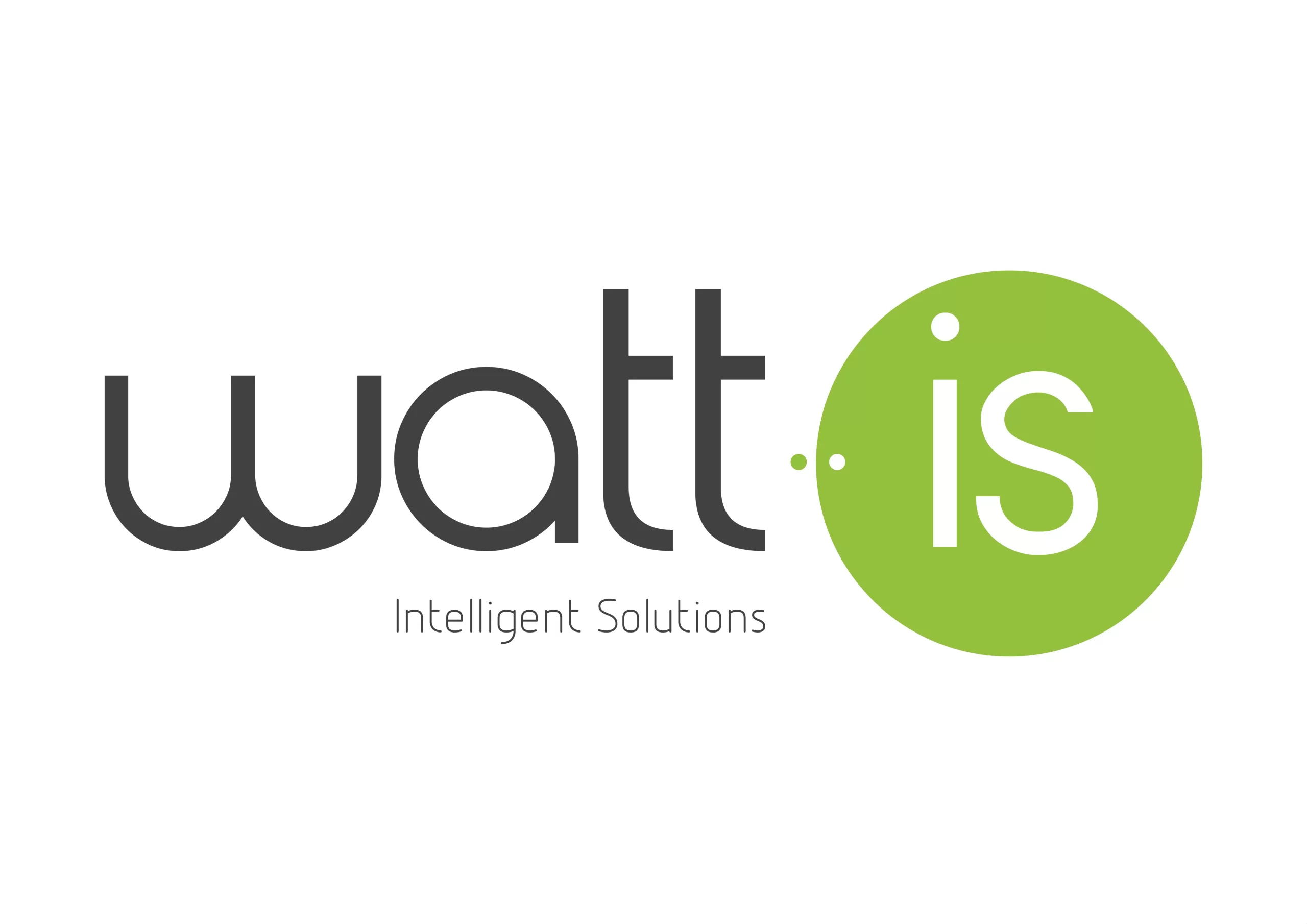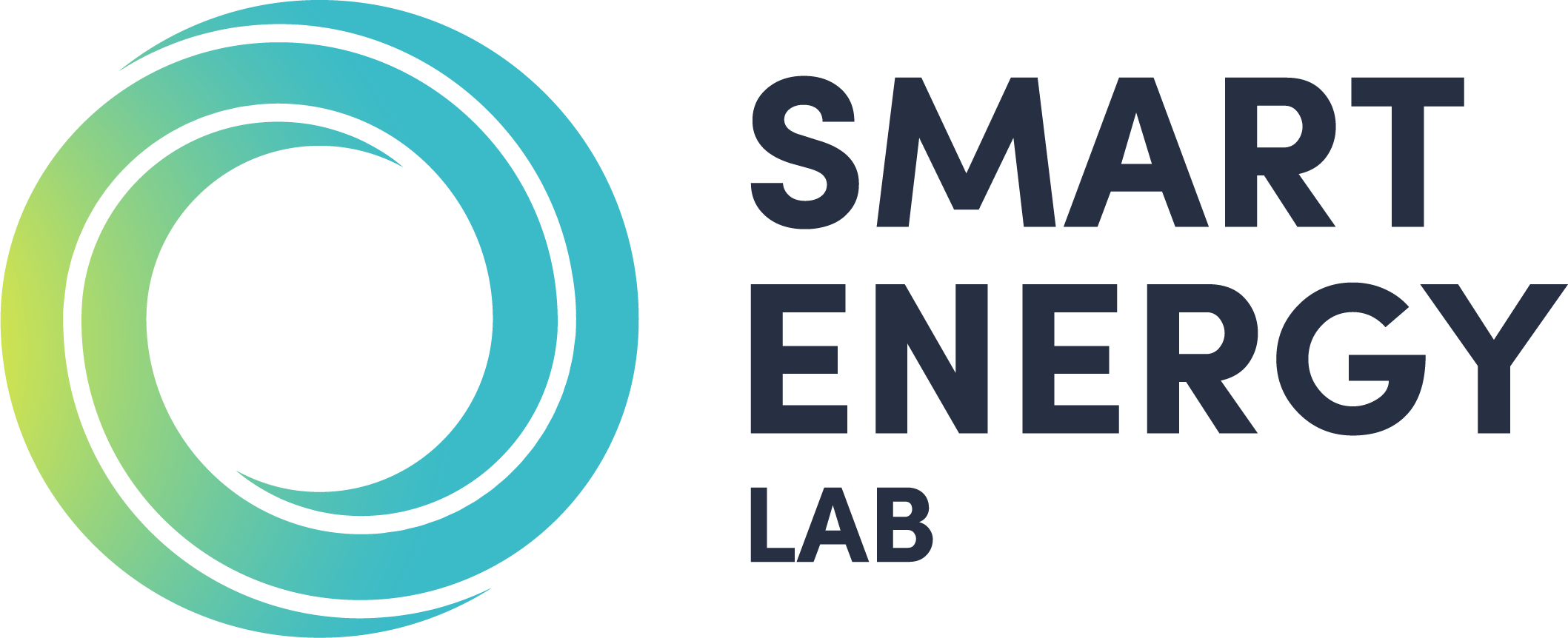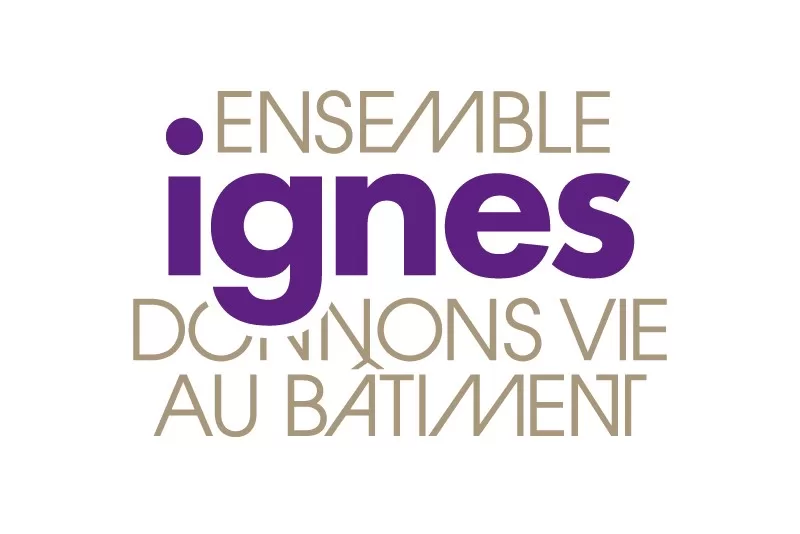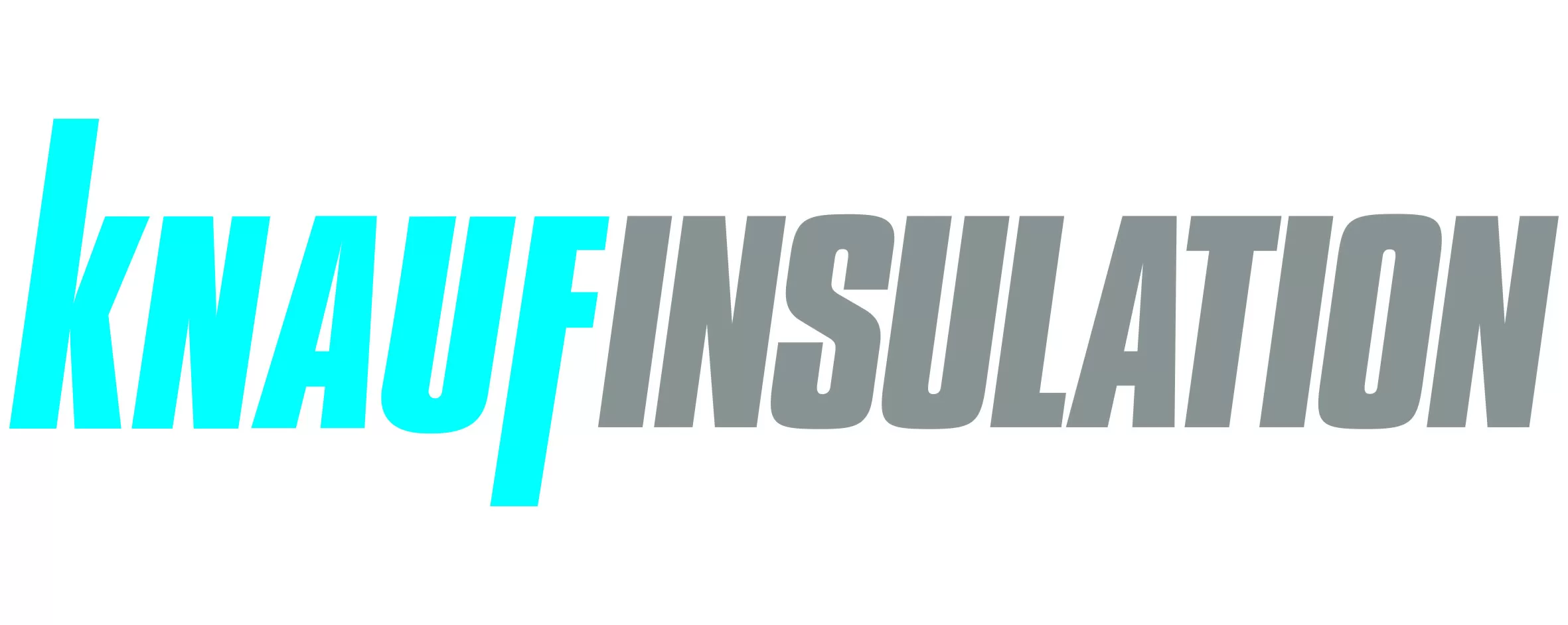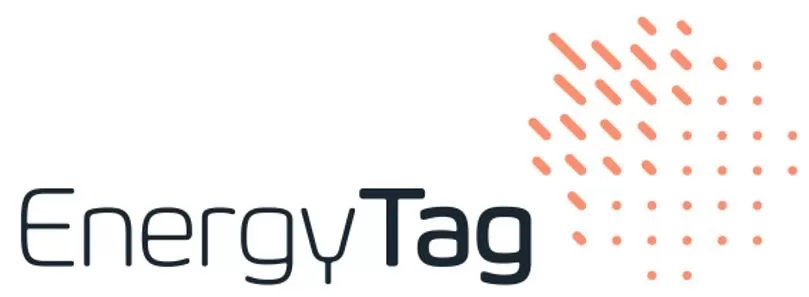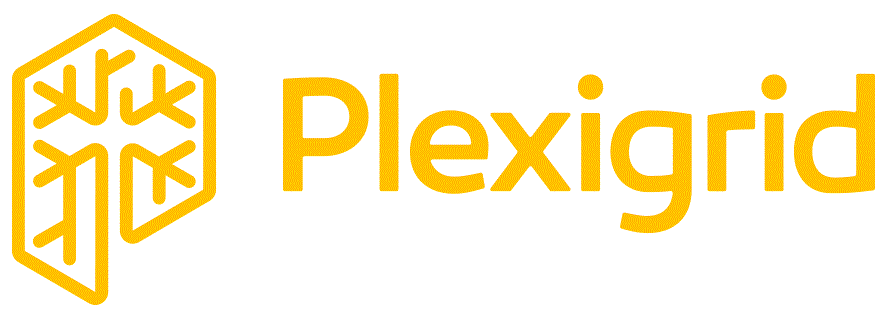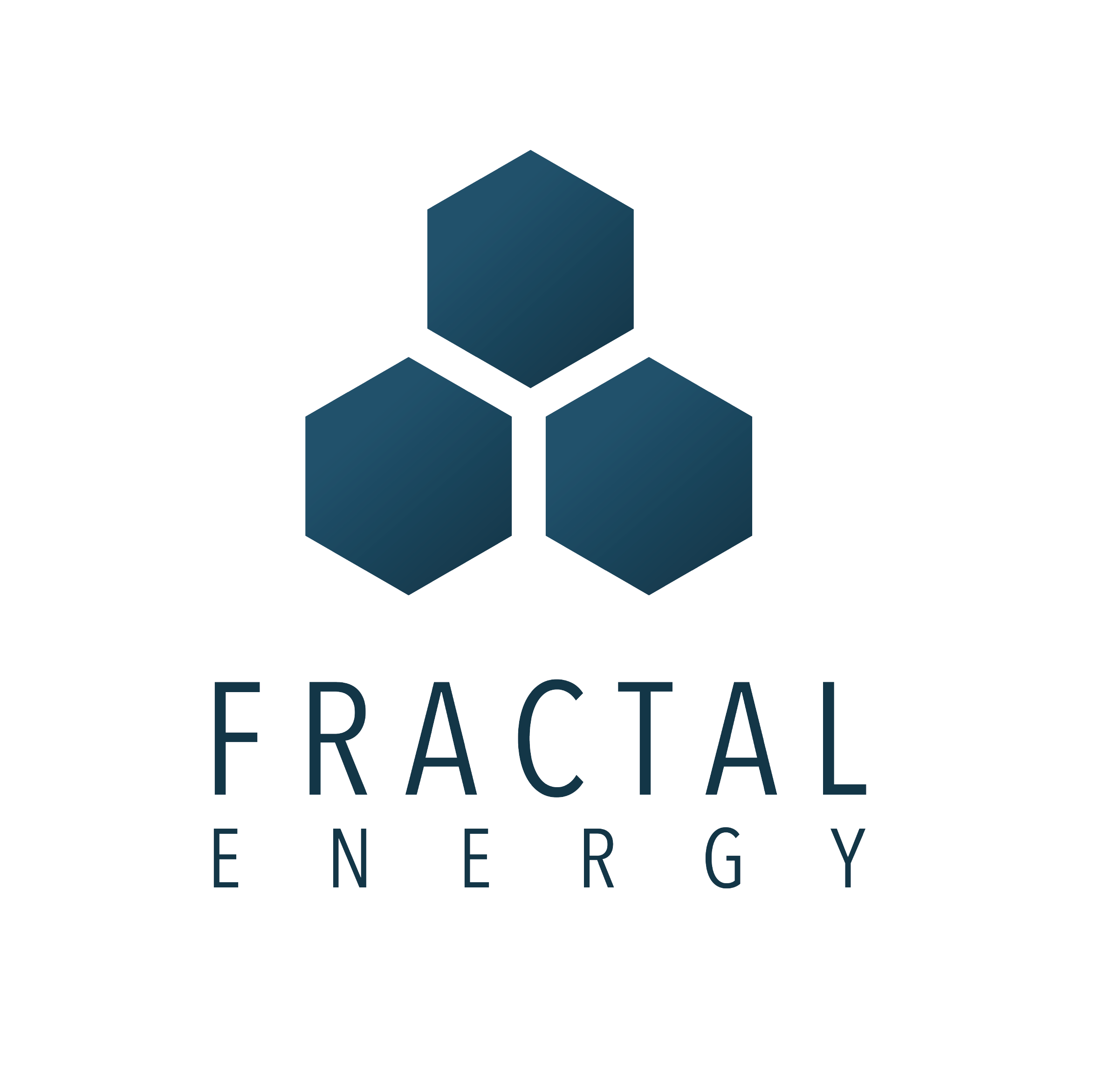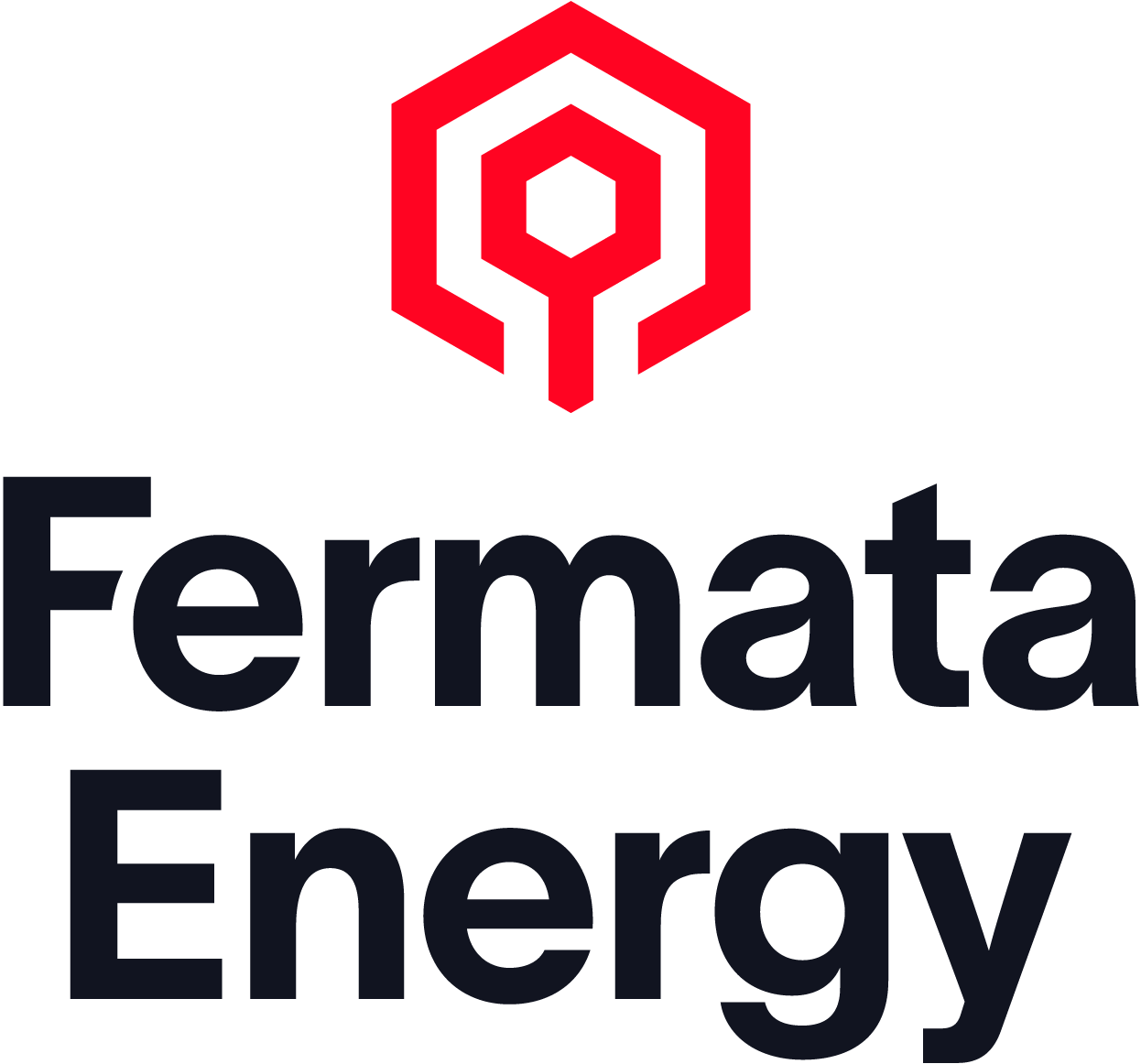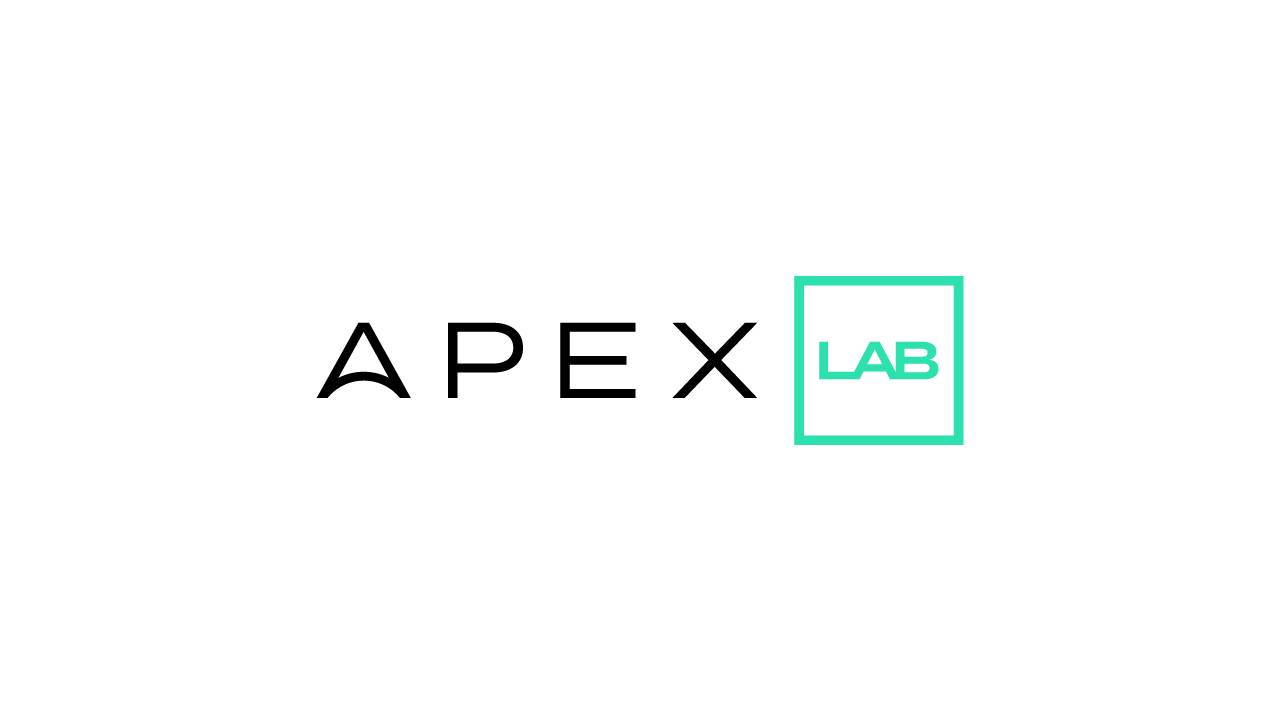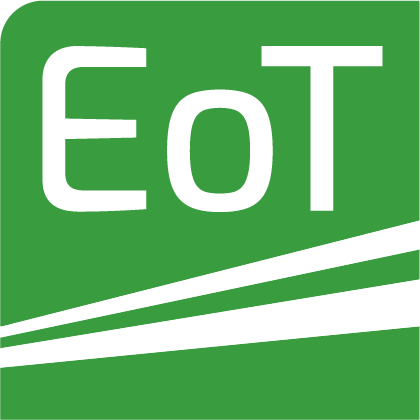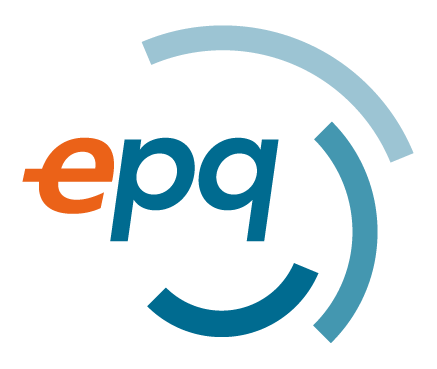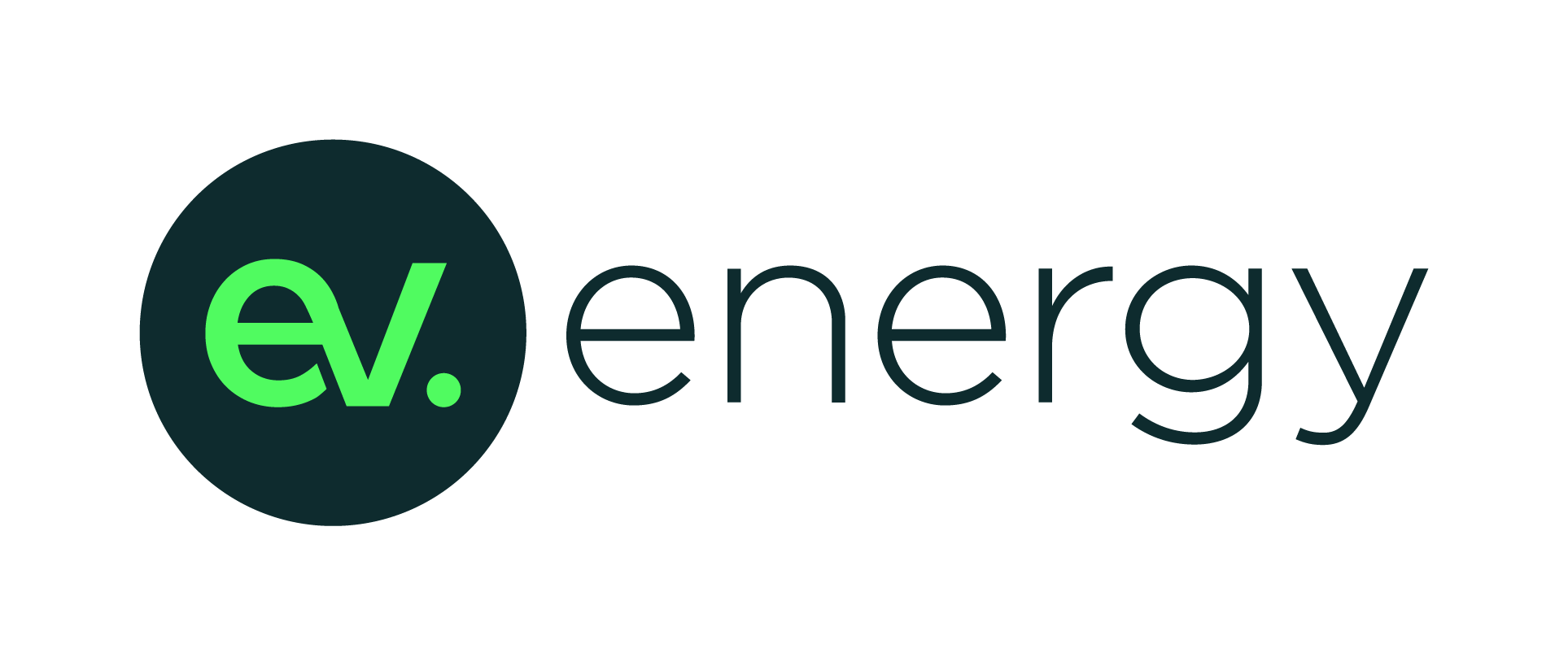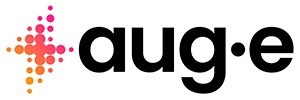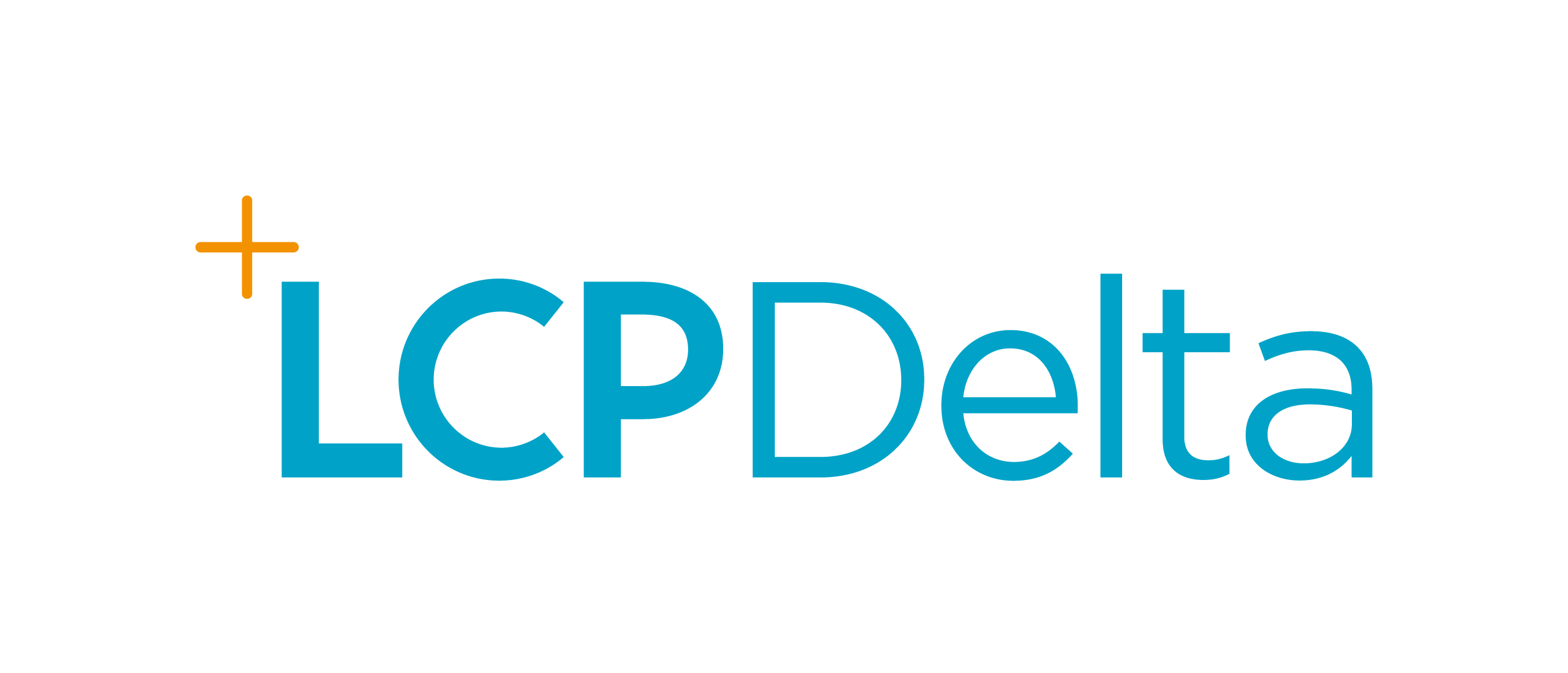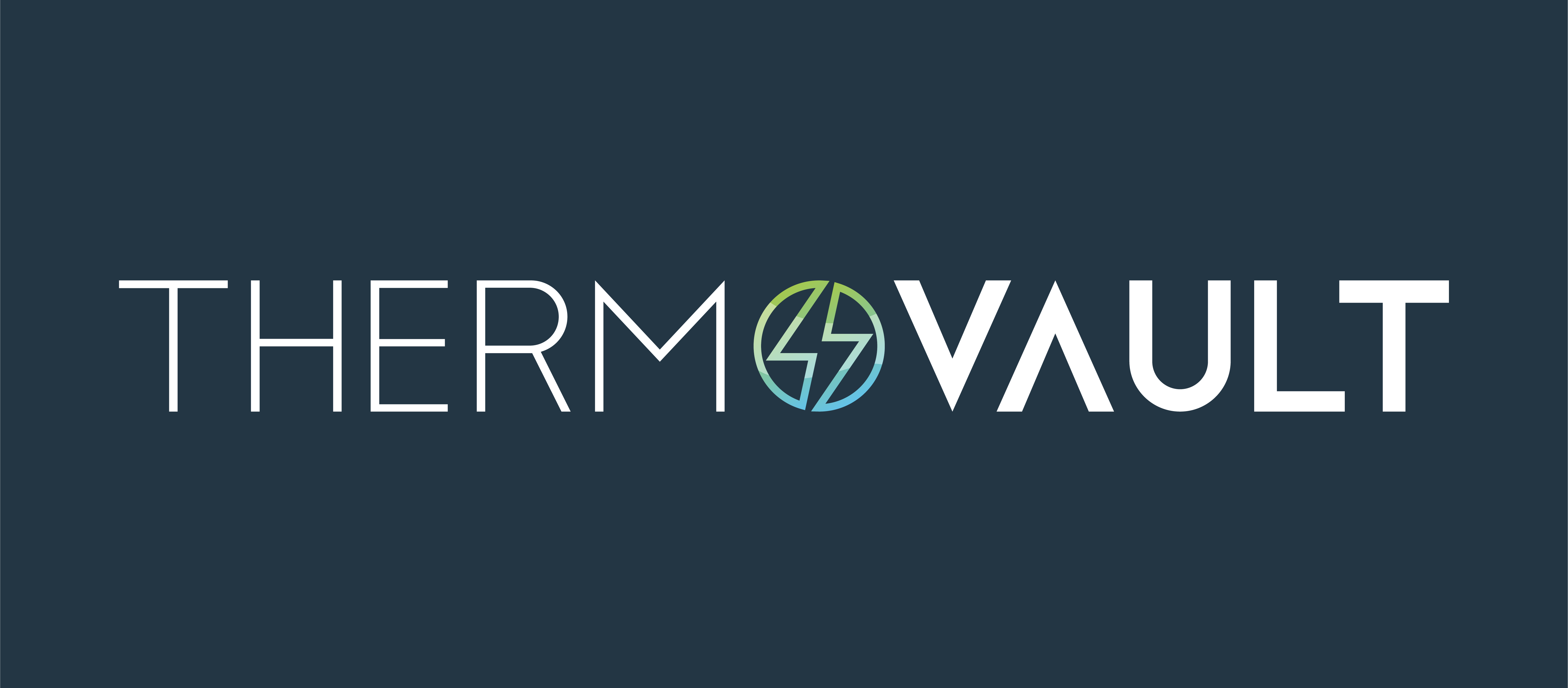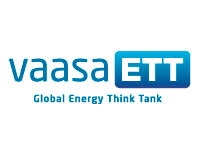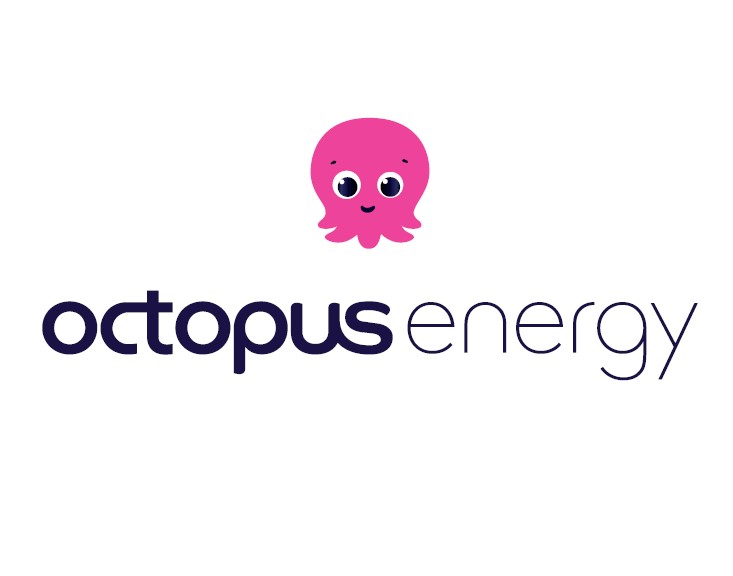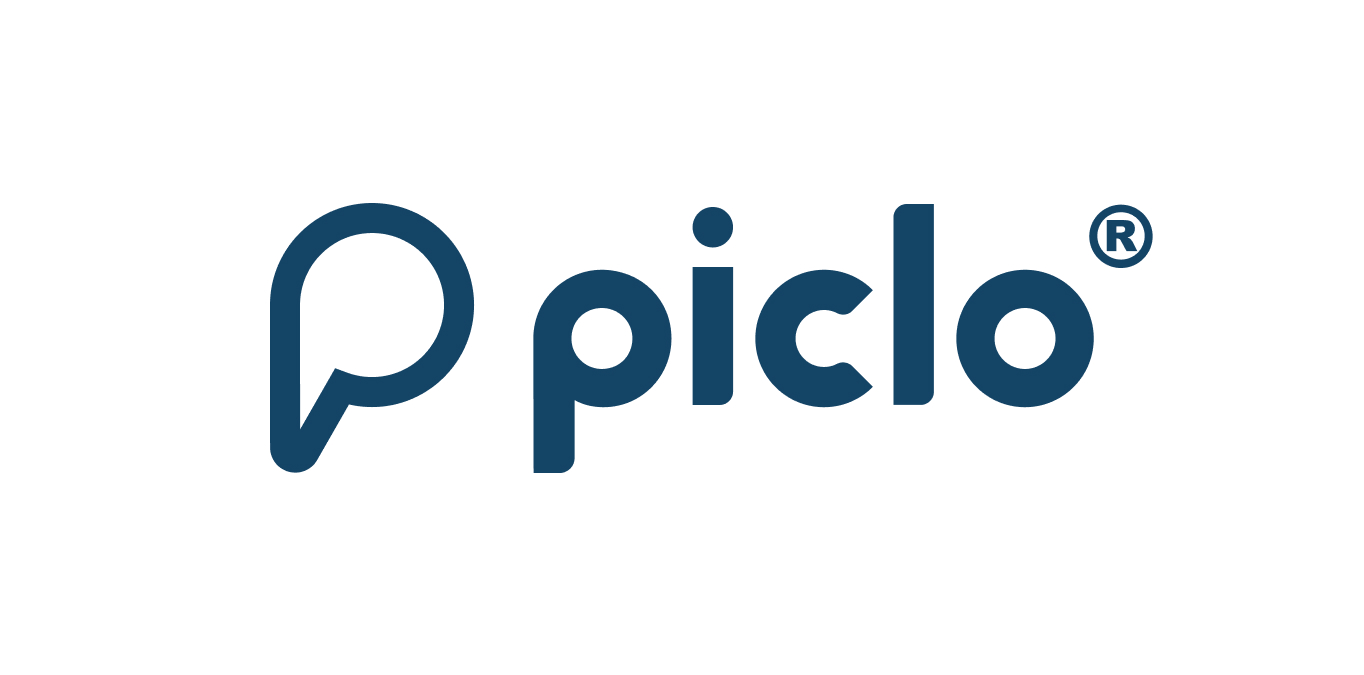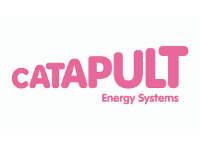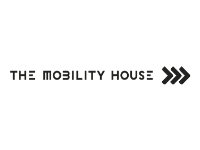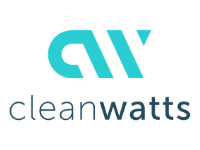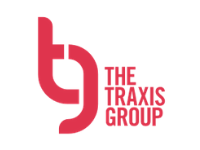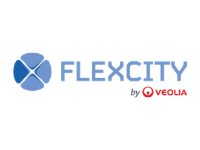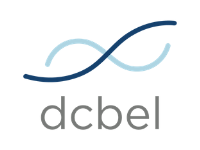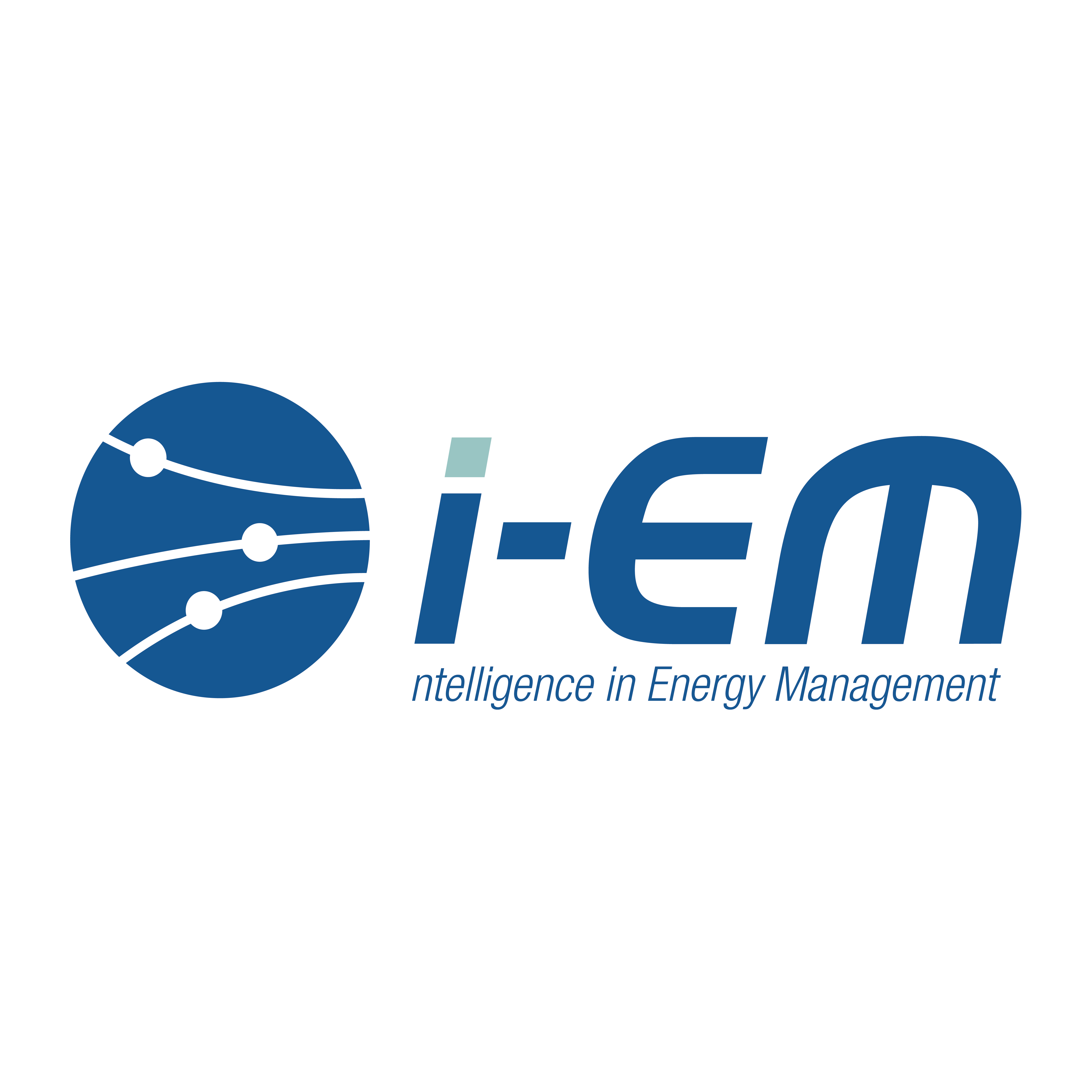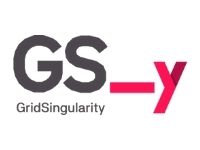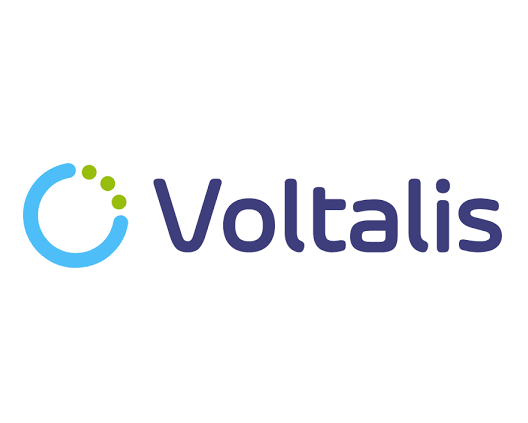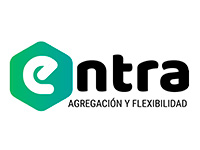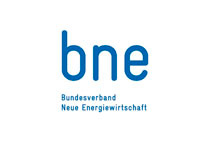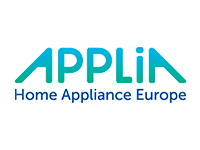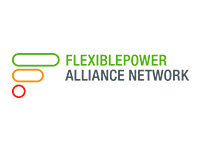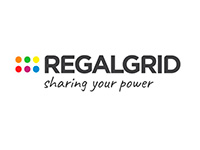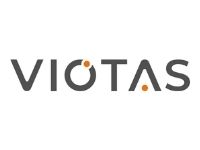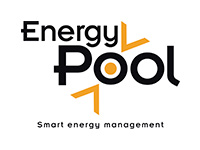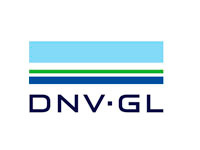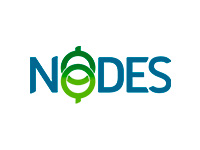The EU’s proposed Data Protection Regulation could eliminate 95% of the potential energy savings through energy management programs.
BRUSSELS, May 16, 2013
Today, the Smart Energy Demand Coalition (SEDC) released a position paper explaining how data access policies can fully protect consumer data privacy while enabling consumers to reap the energy efficiency benefits as promised by European energy policy.
While fully in support of strong data privacy protection, the SEDC calculates that Europe could lose 95% of the hoped-for energy efficiency benefits from empowering end-users into feedback programmes offered via smart metering and energy management technologies through the General Data Protection Regulation.
Currently retailers have the automatic right to only one bi-monthly meter read for billing purposes, this is of minimal value as far as any type of energy efficiency or information is concerned. In contrast, energy management programmes enable energy service providers and retailers to provide consumers with informative bills and reports on actual consumption (these can include charts of consumption throughout the month, comparisons to prior months, comparisons to houses of a similar size along with bespoke energy saving tips, etc.). In markets where such information is offered to all automatically, studies have demonstrated that 80% of consumers review such informative bills and consumption reports and reduce their energy consumption by 2-3%. Where real-time data is provided and viewed by consumers, the savings average 9%. In Europe, just 2-3% savings would create 20 -25 TWh of savings, equaling 45 power plants. This equals 3 to 4 billion EUR at current average retail prices to consumers of 0.15 EUR per kWh.
However research by the SEDC shows that a default opt-in service will result in such information be provided to only 5-10% of consumers. The majority of consumers will not take the initiative to ask specifically for access to their own data. If only 5 % of the population was signed up for such a service, the savings amount to only 1.25 TWh. The benefits are therefore reduced by 95%.
Damaging the market for consumer services: The default mechanism in the current EU draft data protection regulation, may not allow consumers access to their own data – even data they have paid to have measured. This is due to market realities ignored within the suggested regulation.
Default opt-in mechanisms require consumers to proactively ask for access to their own consumption information. At the same time it is often difficult and expensive to gain the customer’s attention – consumers do not value their data until they have had the opportunity to engage with it. The high marketing costs required for opt-in programs quickly destroys the business case and can remove industry interest in providing services. Contacting a customer and obtaining their permission to opt-in costs over 10 Euros, based on historical opt-in rates. In contrast, an electricity retailer may earn only 7-13 Euros per year on a given home.
Philip Lewis CEO of VaasaETT, a global energy think tank, states, “If the business case for energy efficiency services is removed or if no programs are offered – data privacy laws will ensure NO effective services will be available. Consumers will therefore be blocked from accessing their own interval data – interval data they will be paying the utility to measure.”
Metering benefits and energy efficiency goals: For the EU to achieve its energy efficiency goals in the energy transition and its climate change strategy, it must avoid the negative market consequences of an unnecessarily strict data protection regime on its energy policies. Most of the Member States have performed cost-benefit analyses of intelligent metering, and most have found the result to be positive. Critically, those business cases assume the availability of interval data for multiple uses, from making dynamic pricing possible for consumers to load forecasting, settlement, efficient grid operations, renewables integration, asset optimization, and other benefits.
Jessica Stromback, Executive Director of the SEDC points out that “European policy makers must recognize the potential risks to energy efficiency benefits and consumer data access from restrictive data protection proposals. This is an artificial conflict between efficiency and privacy which is unnecessary and should be resolved.”
Conclusion: We cannot overemphasize our agreement with the need for data privacy and security; this issue regards data access, by entities providing electricity service to customers and who require use of the data for legitimate interest and to meet European Union directives. We believe the EU should ensure Distribution System Operators can gather the needed data to ensure the efficient use of their systems. We believe also that 3rd party suppliers and energy service providers must have data access in order to fulfill the terms of their contracts and public obligations concerning energy efficiency.
The current Data Privacy Measurement does NOT guarantee these requirements and should therefore be strengthened.
You can download the SEDC position paper here


